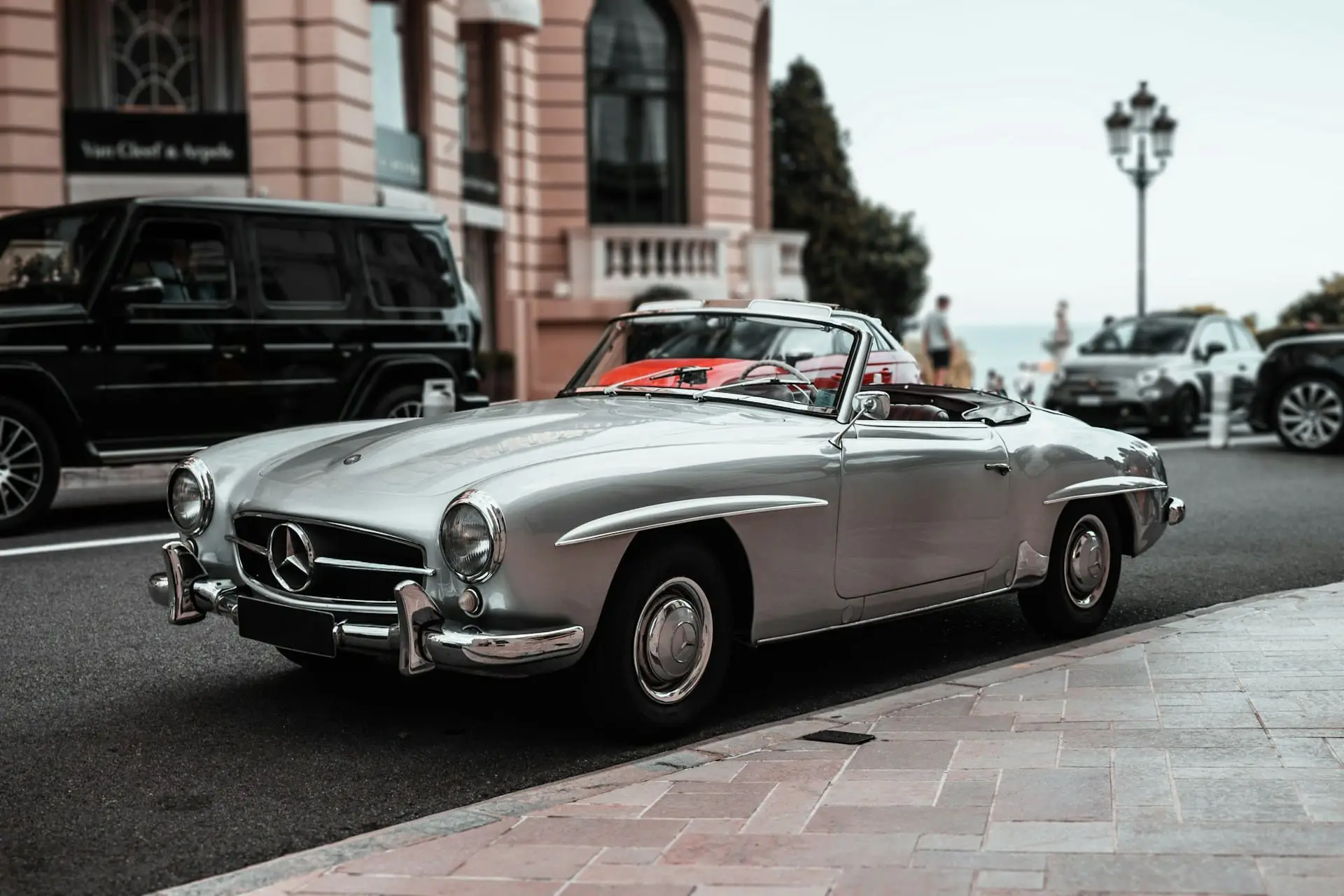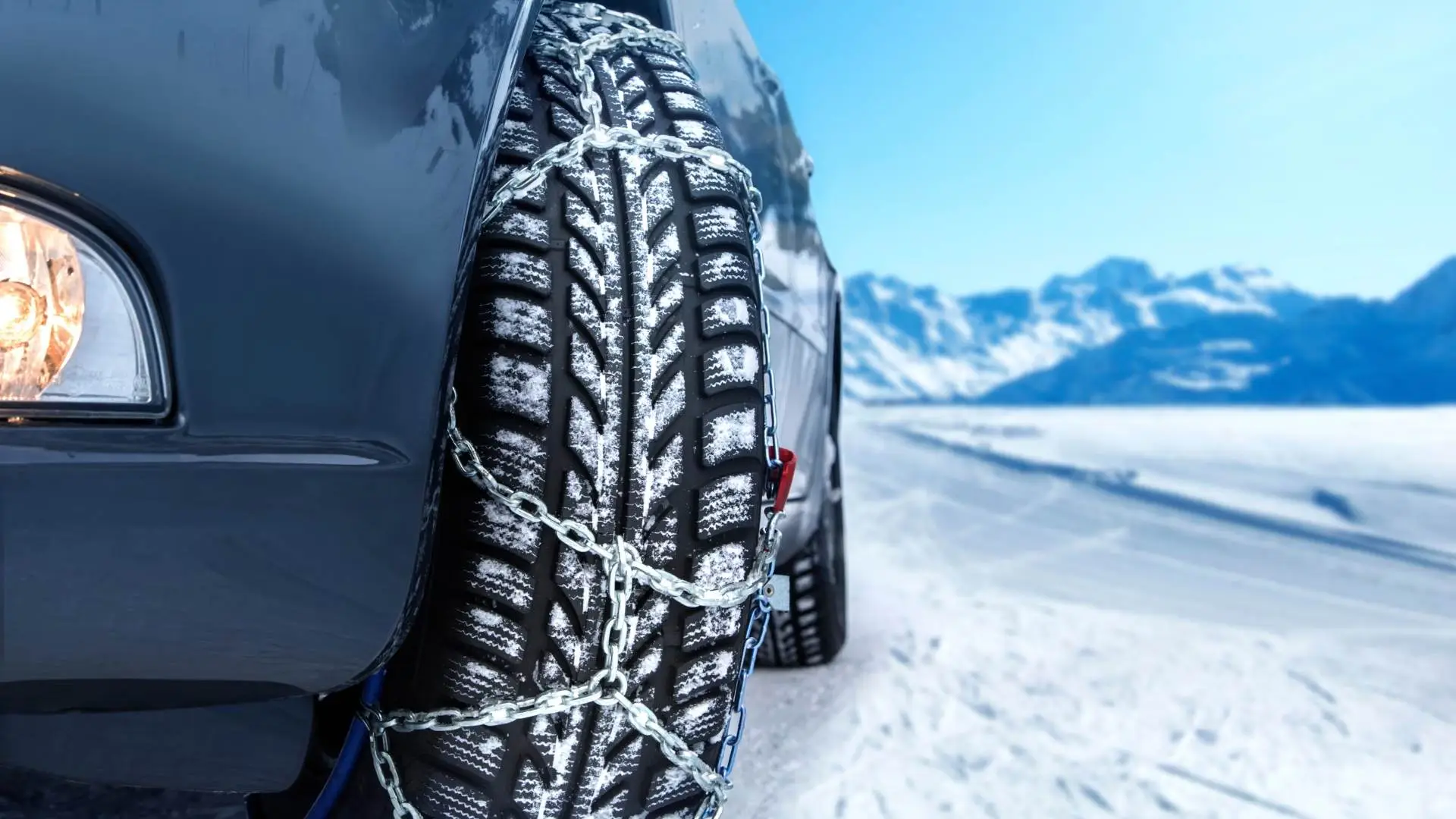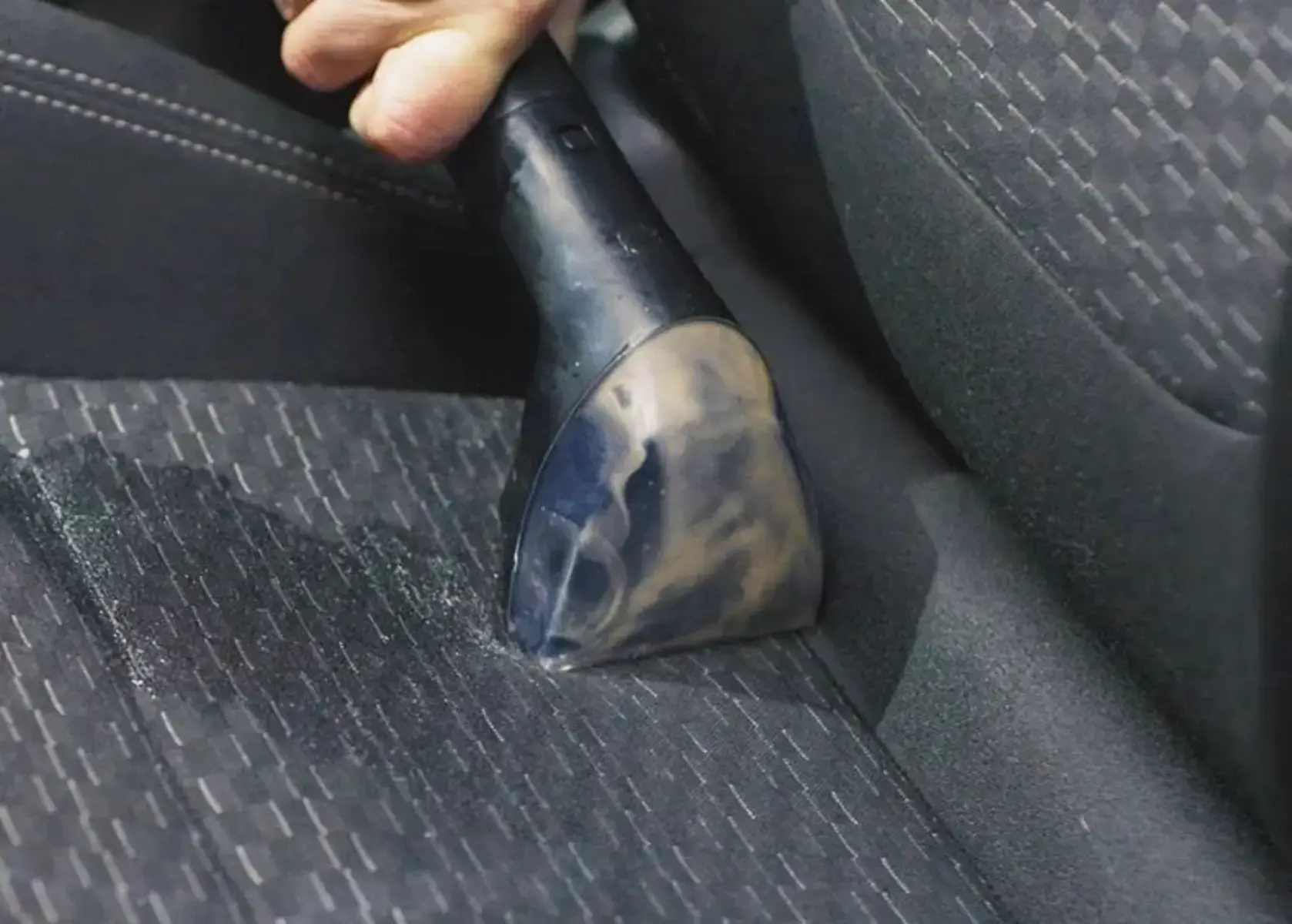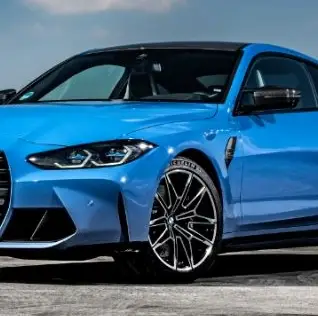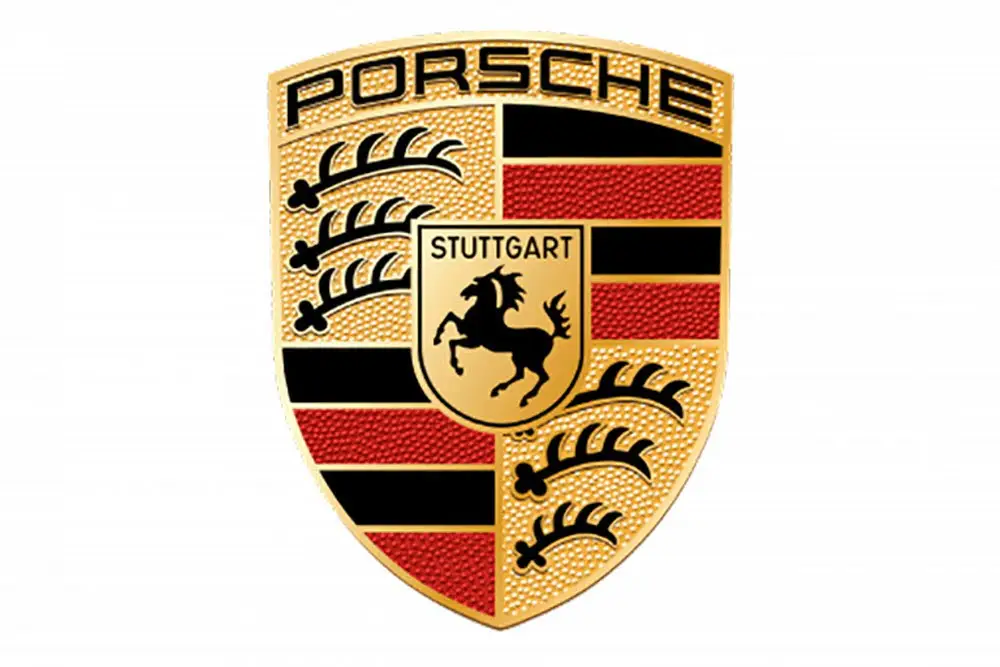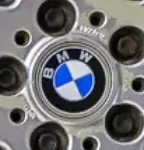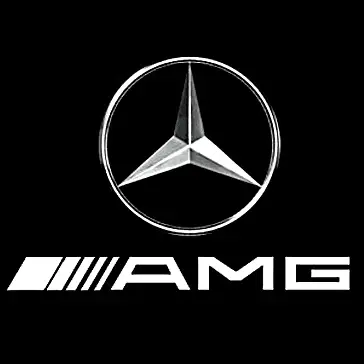History of the BMW M2
The story of the BMW M2 begins in 2015 with the launch of the first generation, marking a turning point in BMW's M range.
The model has been designed to offer a compact, more accessible alternative to the BMW M3 and M4, while retaining the sporting spirit and emblematic performance of the BMW M division.
The spiritual heir to the BMW 2002 Turbo of the 1970s and the legendary BMW M3 E30, the M2 continues a long tradition of agile, high-performance coupés.
The BMW M2 F87, introduced in 2015, immediately won over driving enthusiasts with its 370 hp 3.0-liter turbo engine, manual or automatic transmission, all rear-wheel drive. It was praised for its dynamic roadholding and driving pleasure.
In 2018, the M2 Competition version makes its appearance, with power increased to 410 hp, borrowing the S55 engine from the M3 and M4, further enhancing its sporty character.
The second generation, released in 2023, pushes the limits of performance even further, while remaining true to the brand's DNA. It embodies the natural evolution of the M2, with modern technologies while maintaining the focus on the pure driving experience.
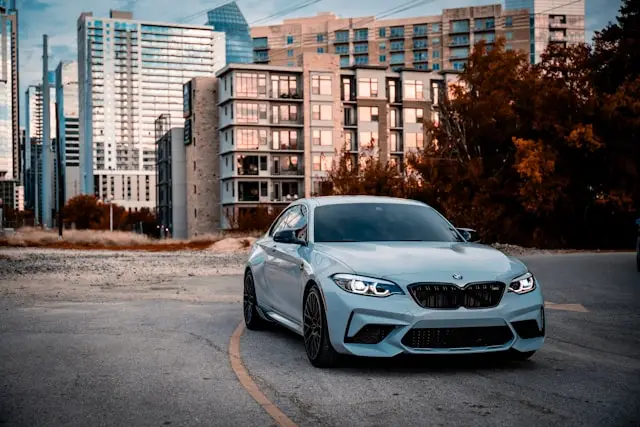
BMW M2 generations
The BMW M2 has gone through two major generations since its inception in 2015, each marking a significant evolution in BMW's approach to the sports coupe.
- First generation (F87, 2015-2021)
The first-generation M2 was launched with a 3.0-liter in-line 6-cylinder engine (code N55) developing 370 hp. The M2 was available with a 6-speed manual gearbox or a dual-clutch automatic transmission. For 2018, the M2 Competition replaces the classic M2, incorporating the S55 engine borrowed from the M3 and M4, boosting power to 410 hp. This version also featured improved brakes and an even more refined chassis for the track.
In 2020, BMW launches the M2 CS, a version limited to 2,200 units worldwide, with 450 hp and considered one of the best driving cars in its class.
- Second generation (G87, 2023 - present)
The second generation of the BMW M2, released in 2023, continues the success story of the first, but with a more modern approach. It uses the S58 engine from the M3/M4, a twin-turbo 3.0-liter in-line six-cylinder producing 460 hp. This generation features a more angular and muscular design, more advanced on-board technology, and an even stiffer chassis. Despite its slightly heavier weight, it offers breathtaking performance, capable of rivaling models in higher categories.
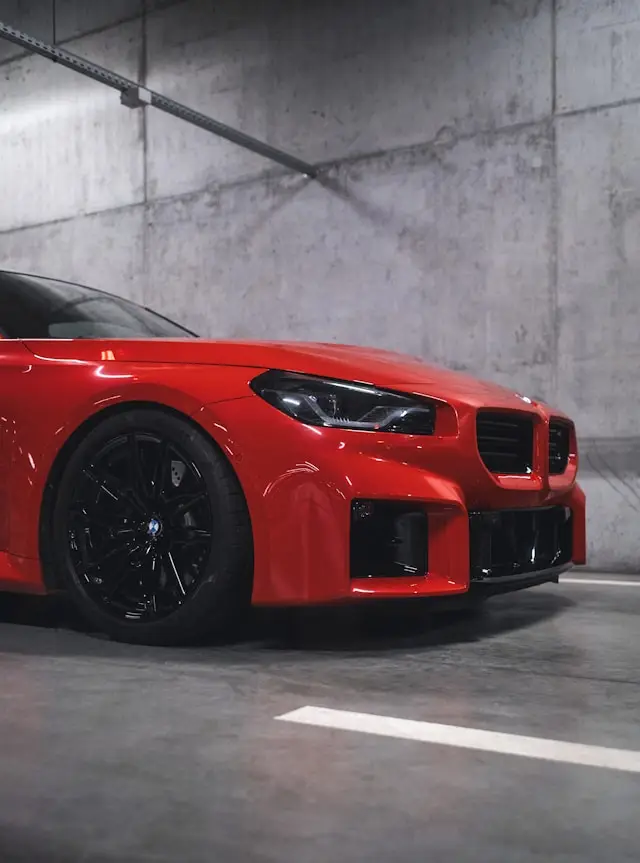
The BMW M2: finally a "traditional" sports car?
The BMW M2 was immediately hailed as a sports car true to BMW's heritage.
This compact coupe combines everything that brand purists expect: rear-wheel drive, an in-line 6-cylinder engine, and an engaging ride. Where some more recent versions of the M3 and M4 have been criticized for their more "technological" orientation, the M2 has retained a more analog approach, favoring pure driving pleasure.
Critics have widely praised its driving precision, its perfectly balanced chassis, and its engine which, although turbocharged, recalls the sensations of the old atmospheric generations.
With its optional manual gearbox, the M2 continues to seduce thrill-seekers.
In 2018, with the release of the M2 Competition, BMW proved that this car was not just a simple entry-level model, but a true sports car in the tradition of the great M cars.
The evolution to the BMW M2 G87 in 2023 confirms this fidelity to the spirit of the brand. By retaining the manual gearbox and adding modern technologies such as Active M Differential and adaptive driving modes, BMW manages to balance modernity and tradition. For those seeking a raw driving experience, without compromising on performance, the M2 remains a must-have option.
In short, the BMW M2 perfectly embodies BMW's DNA: " driving pleasure", with a sporty, pure and authentic character.
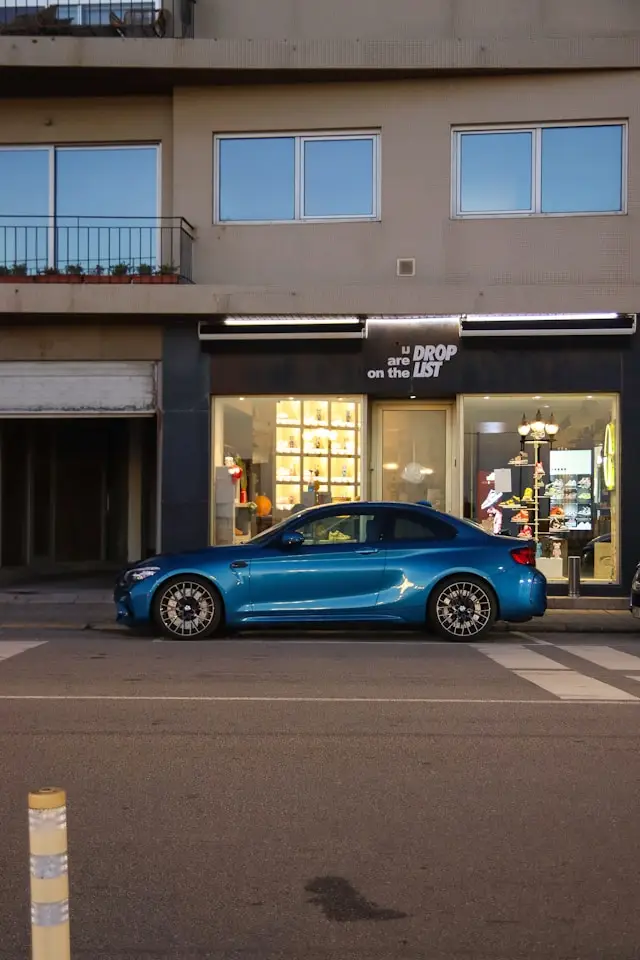
Performance figures for all BMW M2 models
The BMW M2, renowned for its dynamism and performance, boasts impressive figures, both for the original version and for its later variants. Here's a detailed overview of the performance figures for the various versions of the BMW M2, underlining its position as a benchmark sports coupé.
BMW M2 F87 (2016-2020):
- Engine: 3.0-liter turbocharged in-line 6-cylinder (N55)
- Power: 370 hp at 6,500 rpm
- Torque: 465 Nm (500 Nm with overboost)
- Acceleration 0-100 km/h: 4.3 seconds (DCT gearbox), 4.5 seconds (manual gearbox)
- Top speed: 250 km/h (electronically limited), 270 km/h with M Driver package
- Weight: Approx. 1,495 kg
The first-generation M2 was already fast, with breathtaking acceleration to rival much more expensive cars. Its rigid chassis and balance made it one of the most enjoyable sports coupes to drive.
BMW M2 Compétition (2018-2021):
- Engine: 3.0-litre twin-turbocharged in-line 6-cylinder (S55, borrowed from the M3/M4)
- Power: 410 hp at 6,250 rpm
- Torque: 550 Nm between 2,350 and 5,200 rpm
- Acceleration 0-100 km/h: 4.2 seconds (DCT gearbox), 4.4 seconds (manual gearbox)
- Top speed: 280 km/h with M Driver package
- Weight: Approx. 1,575 kg
The Competition version marked a significant improvement on the classic M2, both in terms of power and handling. It offered higher performance thanks to its S55 engine, renowned for its robustness and generous torque.
BMW M2 CS (2020):
- Engine: 3.0-litre twin-turbo in-line 6-cylinder (S55)
- Power: 450 hp at 6,250 rpm
- Torque: 550 Nm
- Acceleration 0-100 km/h: 4.0 seconds (DCT gearbox), 4.2 seconds (manual gearbox)
- Top speed: 280 km/h
- Weight: 1,550 kg
The BMW M2 CS is the most powerful version of this first generation, with performance almost comparable to that of a BMW M4. Its even sharper chassis and lightweight components, such as the carbon-fiber roof, made it a true track car.
BMW M2 G87 (2023 - today):
- Engine: 3.0-litre twin-turbocharged in-line 6-cylinder (S58)
- Power: 460 hp
- Torque: 550 Nm
- Acceleration 0-100 km/h: 4.1 seconds (automatic gearbox), 4.3 seconds (manual gearbox)
- Top speed: 285 km/h with M Driver package
- Weight: Approx. 1,700 kg
The all-new second-generation M2 boasts a significant increase in power, thanks in particular to the S58 engine, which is also used in the M3 and M4. Despite the higher weight, performance remains at the top of its class, with lightning acceleration.
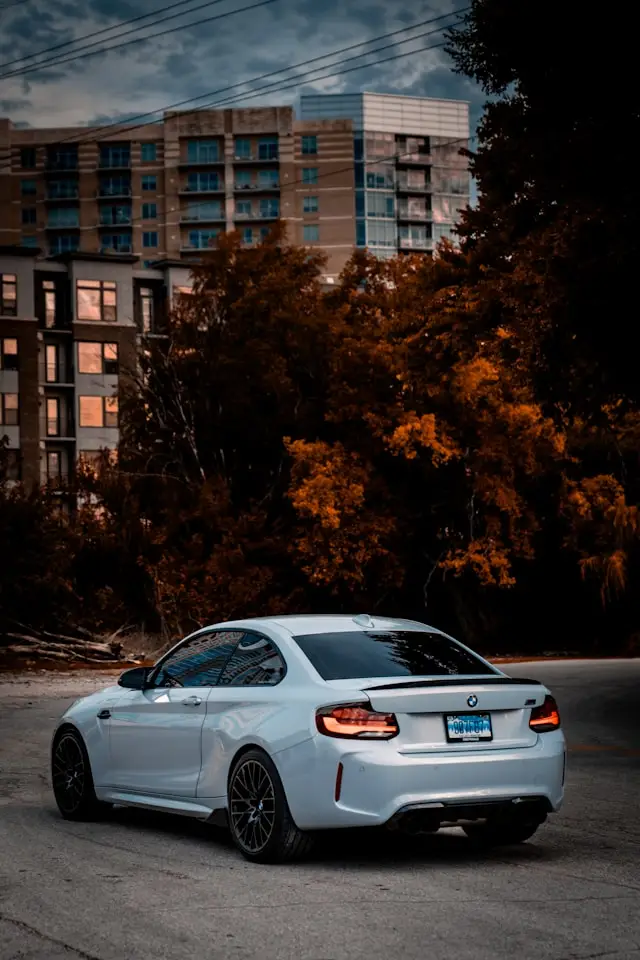
4 Alternatives to the BMW M2
The BMW M2 is a benchmark in the compact sports coupe segment, but it faces fierce competition as every manufacturer seeks to offer models capable of rivalling the M2's unique combination of performance and driving pleasure. Here are some of the best alternatives available on the market:
1. Porsche 718 Cayman GTS:
Engine: 6-cylinder, atmospheric, 4.0-liter
Power: 400 hp
Acceleration 0-100 km/h: 4.4 seconds
Top speed: 293 km/h
Price: From €85,000
The Porsche 718 Cayman GTS is often considered one of the best alternatives to the M2. It offers a very different driving experience thanks to its mid-engine, and its handling is one of the best on the market. The Cayman is a lighter, more agile car, but also more expensive, especially in the GTS version.
2. Audi TT RS:
Engine: 5-cylinder, 2.5-liter turbo
Power: 400 hp
Acceleration 0-100 km/h: 3.7 seconds
Top speed: 280 km/h with Dynamic Plus package
Price: From €85,000
The Audi TT RS is another serious contender, not least thanks to its quattro all-wheel drive system, which delivers outstanding acceleration and excellent grip. Its unique 5-cylinder engine gives it a distinctive sound, much appreciated by enthusiasts. However, it perhaps lacks a little of the playful nature of the BMW M2's rear-wheel drive.
3. Toyota Supra GR:
Engine: 3.0-liter turbocharged in-line 6-cylinder
Power: 340 hp
Acceleration 0-100 km/h: 4.3 seconds
Top speed: 250 km/h (electronically limited)
Price: From €70,000
The Toyota GR Supra, developed in partnership with BMW, uses a less powerful version of the B58 engine found in the M2 and M4. Although slightly behind in terms of power, the Supra makes up for it with lighter weight and a distinctive design. It's an excellent alternative for those looking for a rear-wheel-drive car with a more playful approach.
4. Mercedes-AMG A45 S:
Engine: 4-cylinder, 2.0-liter turbo
Power: 421 hp
Acceleration 0-100 km/h: 3.9 seconds
Top speed: 270 km/h
Price: From €75,000
Although very different in its configuration(compact sedan and all-wheel drive), the Mercedes-AMG A45 S offers raw performance that rivals that of the BMW M2. Its handling and power are impressive for a car with a 4-cylinder engine, but some purists might criticize it for being a little too electronic compared to the M2.
Whether you prefer the precision and balance of the M2, the agility of the Cayman, or the brutality of the Audi TT RS, there are options for every taste in this compact sports car segment.
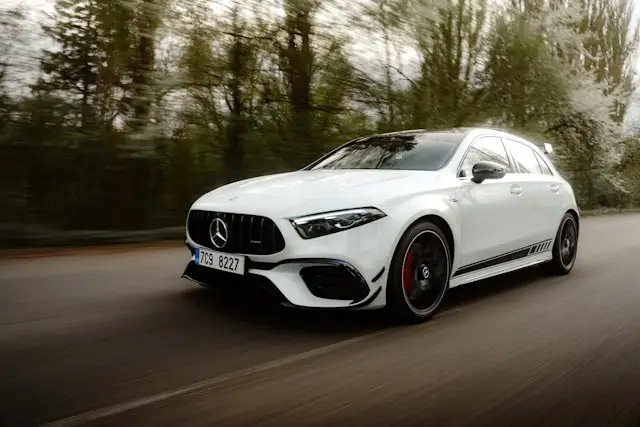
BMW M2 FAQs
What is the fuel consumption of the BMW M2?
The BMW M2's relatively high fuel consumption is typical of sports cars. In the combined cycle, the BMW M2 consumes around 9.8 to 10.2 litres/100 km, depending on driving conditions and the transmission chosen. For sportier driving, consumption can easily climb above these figures.
Is the BMW M2 available with a manual gearbox?
Yes, the BMW M2 is available with two types of transmission. You can choose between a 6-speed manual gearbox for a more engaging driving experience, or a 7-speed DCT dual-clutch automatic transmission, offering faster, smoother gearshifts.
What's standard on the BMW M2?
The BMW M2 is richly equipped right from the base version. It includes an iDrive multimedia system, leather sports seats, an 8.8-inch screen and a Harman Kardon audio system. Smartphone connectivity via Apple CarPlay is also included, but certain option packs further enhance this equipment.
How much does a new BMW M2 cost?
The price of the BMW M2 starts at around €75,000 for the base version in 2024. This price may rise depending on the options and customizations chosen, such as the M Driver packs, carbon-fiber roof or other high-performance equipment.
What is the boot capacity of the BMW M2?
The BMW M2 offers a trunk capacity of 390 liters, which is respectable for a compact sports coupé. This capacity is sufficient for weekend luggage or shopping, but may be limited for bulky items.
Is there a BMW M2 Convertible?
No, the BMW M2 is only available as a coupé. If you're looking for a convertible, you'll have to turn to other models in the BMW range, like the BMW 4 Series Convertible, which offers sporty performance while enjoying the great outdoors.
How much does it cost to maintain a BMW M2?
The maintenance costs of a BMW M2 are higher than those of a conventional car, due to its specific high-performance parts. Servicing, tires and brakes can be particularly costly. On average, you should expect to spend between €1,500 and €2,500 a year on maintenance, depending on how much you use your car and how often you have it serviced.

